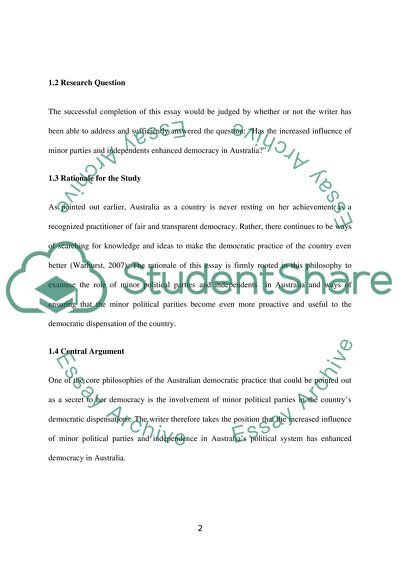Cite this document
(“Had the Increased Influence of Minor Parties and Independents Enhanced Essay”, n.d.)
Retrieved from https://studentshare.org/history/1448358-has-the-increased-influence-of-minor-parties-and
Retrieved from https://studentshare.org/history/1448358-has-the-increased-influence-of-minor-parties-and
(Had the Increased Influence of Minor Parties and Independents Enhanced Essay)
https://studentshare.org/history/1448358-has-the-increased-influence-of-minor-parties-and.
https://studentshare.org/history/1448358-has-the-increased-influence-of-minor-parties-and.
“Had the Increased Influence of Minor Parties and Independents Enhanced Essay”, n.d. https://studentshare.org/history/1448358-has-the-increased-influence-of-minor-parties-and.


